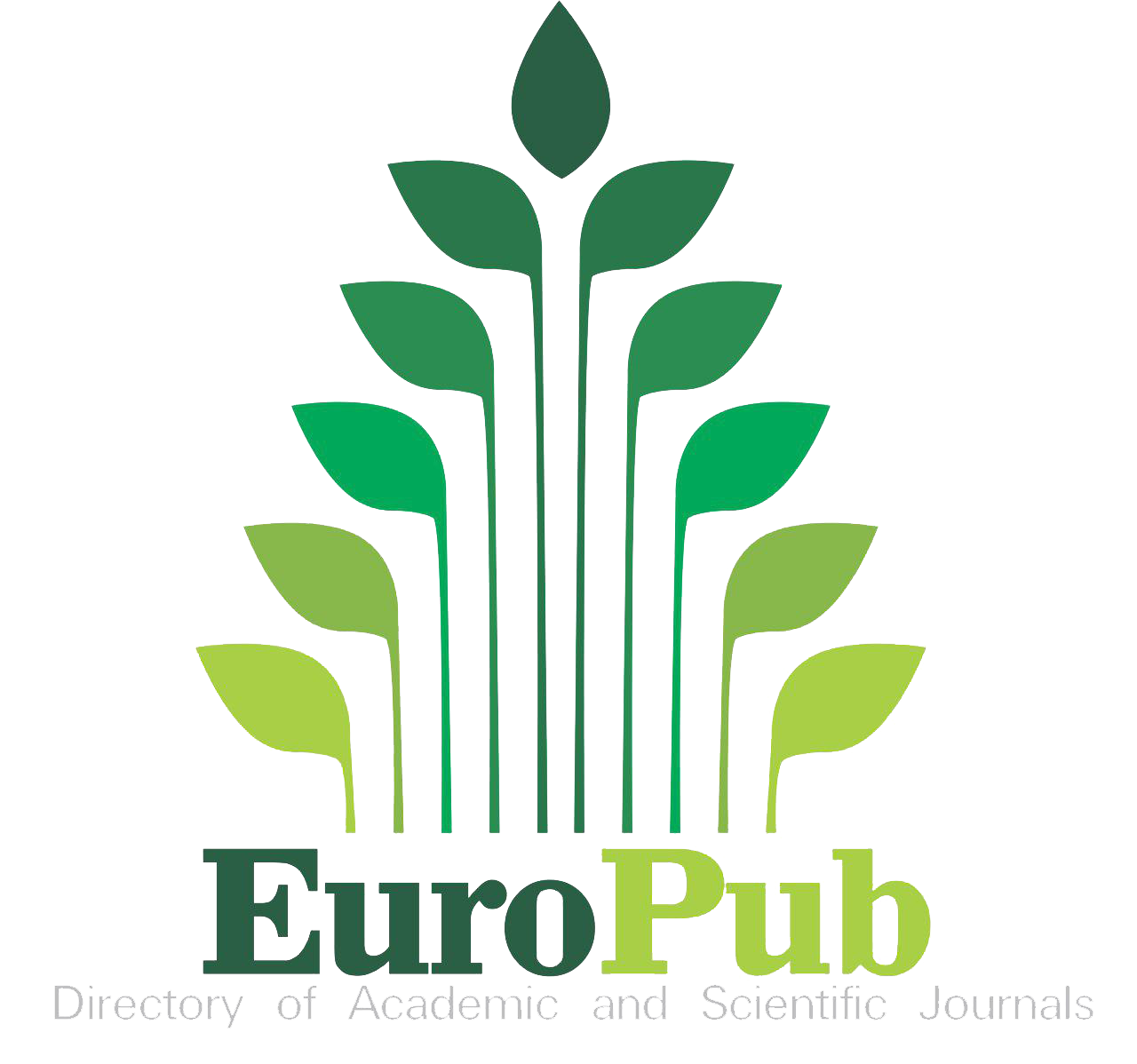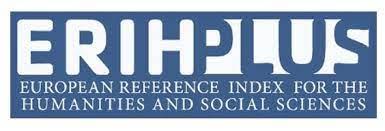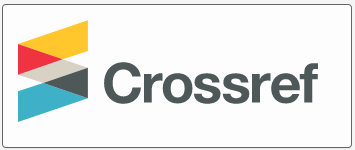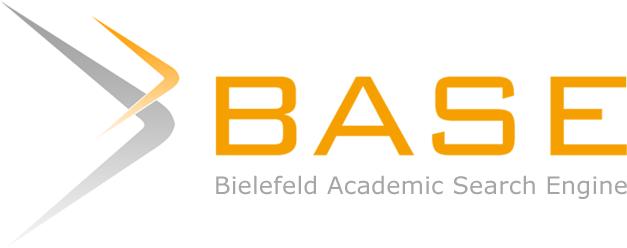Ethiopian Programs, Strategies and Agreements for Sustainable Development: A Study of the Oromia Region
DOI:
https://doi.org/10.52340/jds.2023.04.04.04საკვანძო სიტყვები:
Sustainable Development, Climate Change, Strategie, Expanding Economies, Environment Protectionანოტაცია
This study examines Ethiopia’s efforts, strategies, and programs for sustainable development, with an emphasis on the Oromia regional state. The economy of Ethiopia is growing at one of the fastest rates on the continent, and it has made significant progress towards achieving the United Nation’s Sustainable Development Goals. The country has initiated several policies, agreements, and initiatives to promote sustainable development for the Oromia people. The development of sustainable farming practices, land-use planning, renewable energy sources, and forest preservation are all prioritized in the majority of the government’s projects,
decreasing greenhouse gas emissions and strengthening resistance to climate change as a result. The initiatives have also been successful in promoting economic growth, improving food security, and reducing poverty. A number of noteworthy projects have been implemented in the Oromia region. Through the promotion of renewable energy sources like solar and wind power, these projects aim to reduce reliance on fossil fuels and mitigate the consequences of climate change. In order to ensure the population’s general development and well-being, efforts have also been undertaken to increase access to healthcare and education. The
Oromia region has many obstacles in the way of achieving sustainable development, despite boasting a diverse population and an abundance of natural resources. This paper examines the initiatives undertaken by the federal government, state and local governments, and other stakeholders to address these problems and promote sustainable development. The research findings enhance comprehension of the challenges faced by the Ethiopian government in defending its long-term objectives for both the
country’s citizens and the global community.
Downloads
წყაროები
African Union Commission. (2015). Agenda 2063: The Africa We Want. Retrieved from https://au.int/en/agenda2063 Ayenew, T. (2019). Infrastructure Development in Ethiopia: A Review. International Journal of Scientific and Research Publications, 9(3), 114-120.
Cohen, J. M., & Uphoff, N. T. (1980). Rural Development Participation: Concepts and Measures for Project Design, Implementation, and Evaluation. Cornell University.Convention on Biological Diversity (CBD). (n.d.). Retrieved from https://www.cbd.int/
Diao, X., Cossar, F., Houssou, N., Kolavalli, S., & Jimah, K. (2019). Agricultural Transformation in Africa: The Role of Smallholder Farmers.
International Food Policy Research Institute (IFPRI).
FAO (2016). Ethiopia Country Programming Framework 2016-2020. Food and Agriculture Organization of the United Nations. Retrieved
from http://www.fao.org/3/i6293e/i6293e.pdf
FAO (2021). Innovation in Agriculture: A Key for Sustainable Development. Food and Agriculture Organization of the United Nations.
Government of Ethiopia. (2010). Growth and Transformation Plan (GTP) 2010/11 - 2014/15. Addis Ababa, Ethiopia.
IFAD (2020). Ethiopia: Agricultural Growth Program. Retrieved from https://www.ifad.org/en/web/operations/project/id/1100002043
IFPRI (2019). Capacity Development in Agricultural Extension Services: Insights from Ethiopia. International Food Policy Research Institute.
Retrieved from https://www.ifpri.org/publication/capacity-development-agricultural-extension-services-insights-ethiopia
International Monetary Fund (IMF). (2020). Ethiopia: 2020 Article IV Consultation-Press Release. Retrieved from https://www.imf.org/en/Publications/CR/Issues/2020/12/22/Ethiopia-2020-Article-IV-Consultation-Press-Release-Staff-Report-49455
Kaplinsky, R. (2019). Technology and Development: Putting the Poorest First. Routledge.Kibret, M. (2019). Community-Based Ecotourism
Development in Ethiopia: The Case of Bale Mountains National Park. Journal of Environmental Management, 232, 1049-1062.
Lemma, T., & Negatu, M. (2019). Exploring the Challenges and Opportunities of Community-Based Ecotourism Development in Ethiopia. Journal of Sustainable Tourism, 27(10), 1125-1141.
Megersa, K., & Beyene, T. (2020). Causes and Dynamics of Political Unrest in Ethiopia: A Theoretical Discourse. Journal of Social Sciences,
(1), 16-28.
Mohammed, M. A., & Yimam, Y. T. (2015). Challenges and Prospects of Good Governance in Ethiopia: The Case of Amhara National Regional State. International Journal of Development and Sustainability, 4(5), 1175-1197.
National Meteorological Agency of Ethiopia (NMSA). (2020). Climate Risk and Adaptation Country Profile: Ethiopia. Retrieved from
https://www.un.org/sites/un2.un.org/files/ethiopia_2020.pdf
Oromia Regional Government. (2019). Oromia Regional Development Plans.
Pretty, J., Benton, T. G., Bharucha, Z. P., Dicks, L. V., Flora, C. B., Godfray, H. C. J., & Goulson, D. (2018). Global Assessment of Agricultural
System Redesign for Sustainable Intensification. Nature Sustainability, 1(8), 441–446. doi: 10.1038/s41893-018-0114-0
UNCTAD (2020). Trade and Development Report 2020. United Nations Conference on Trade and Development. Retrieved from https://
unctad.org/system/files/official-document/tdr2020_en.pdf
UNDP (2021). Human Development Indicators 2020: Ethiopia. United Nations Development Programme. Retrieved from http://hdr.undp.
org/en/indicators/137506
UNFCCC (n.d.). United Nations Framework Convention on Climate Change. Retrieved from https://unfccc.int/
United Nations (2015). Transforming our World: The 2030 Agenda for Sustainable Development. Retrieved from https://sdgs.un.org/
sites/default/files/publications/21252030%20
World Bank (2018). Ethiopia: Productive Safety Net Program. Retrieved from https://www.worldbank.org/en/results/2018/feature/ethiopia-productive-safety-net-program
World Bank (2020). Ethiopia: Country Partnership Framework for the Period FY20-FY25. Retrieved from https://www.worldbank.org/en/
country/ethiopia/brief/ethiopia-country-partnership-framework-for-the-period-fy20-fy25
World Bank (2021). Ethiopia: World Bank Group Country Partnership Framework for the Period FY20-FY25. Retrieved from https://www.
worldbank.org/en/country/ethiopia/brief/ethiopia-world-bank-group-country-partnership-framework-for-the-period-fy20-fy2
ჩამოტვირთვები
გამოქვეყნებული
როგორ უნდა ციტირება
გამოცემა
სექცია
ლიცენზია
საავტორო უფლებები (c) 2024 Rajesh Kumar, Pradeep Sharma

ეს ნამუშევარი ლიცენზირებულია Creative Commons Attribution-ShareAlike 4.0 საერთაშორისო ლიცენზიით .














